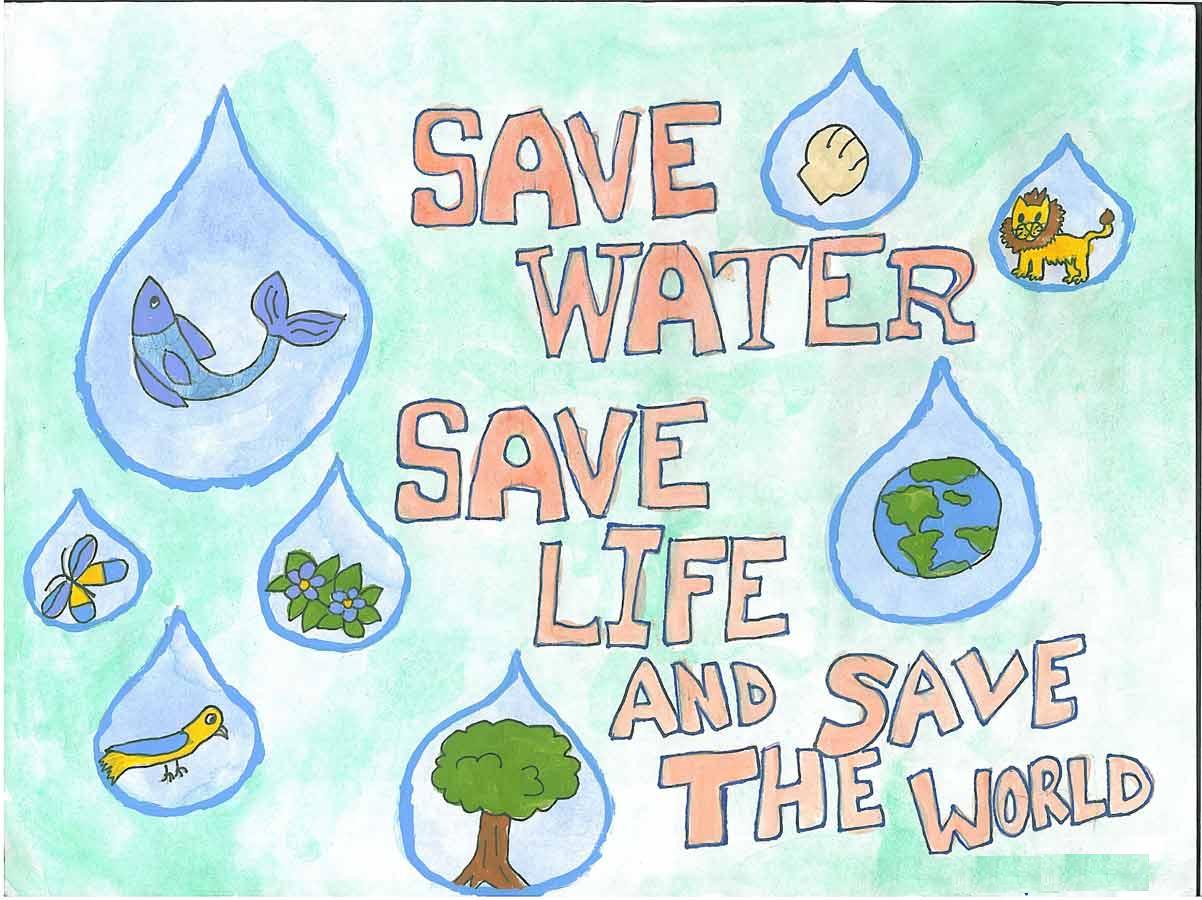
There are numerous surveys and studies performed on alarming facts about the usage of water. So much so, that reports speak on how consumption of water has reached its peak in some countries while the scarcity of the same has taken lives in underdeveloped countries. Statistics from the UN Water show that 70 % of the freshwater is used for irrigation,22 % for industries and 8 % for domestic use (World Water Assessment Programme-WWAP) and all this from the 54 % that is available from rivers, lakes and aquifers! What is more concerning is the fact that although the volume of water on earth is about 1.4 billion km3, only 35 million constitutes to freshwater which is precisely 2.5% of the total volume. A typical individual in the United States Uses 500 Litres of water in contrast to the 1 billion odd people who hardly get to use 6 litres!
Yet water conservation is nowhere close in the debate, the country focuses on issues relating to population, corruption, human & animal rights et cetera, but there are very few thinkers on this line of conservation and restoration. Rain water harvesting & Sewage treatment plants are not the only options in this regard, a bathtub holds about 151 litres of water and a running tap sends a couple of more litres down the drain. All we need is a diligent approach towards the situation.
On one side where a power plant was accused to let out contaminated saline water containing coal dust and chemicals into nearby fields in Mangalore, steps have been taken by another leading power plan to conserve water, they have proved efficient in making minimum use of the resource as compared to the standard usage (the consumption being as low as .126 cu m/MWH which is less than half the national benchmark of .279 cu m/MWH). An initiative led by the students at Mysore University, recently took to beautifying the Kukkarahalli Lake in Mysore with a Botanical garden, an orchidarium, a wetland park and an aquarium. The lake is considered to be the birthplace of India’s biggest writer R.K Narayan’s novels, at the banks of which he imagined Malgudi & all the characters.
Few tips that can be used in our day to day activities:
- When washing dishes by hand, don't let the water run while rinsing. Fill one sink with wash water and the other with rinse water. Wash your fruits and vegetables in a pan of water instead of running water from the tap. Collect the water you use for rinsing fruits and vegetables, and then reuse it to water houseplants.
- Designate one glass for your drinking water each day or refill a water bottle. This will cut down on the number of glasses to wash.
- Turn off the water while brushing your teeth and save 25 gallons a month.
- Remember there are a number of ways to save water and it all starts with YOU.
- Share these tips with your family & friends.
It takes 3 litres of water to produce 1 litre of bottled water!




